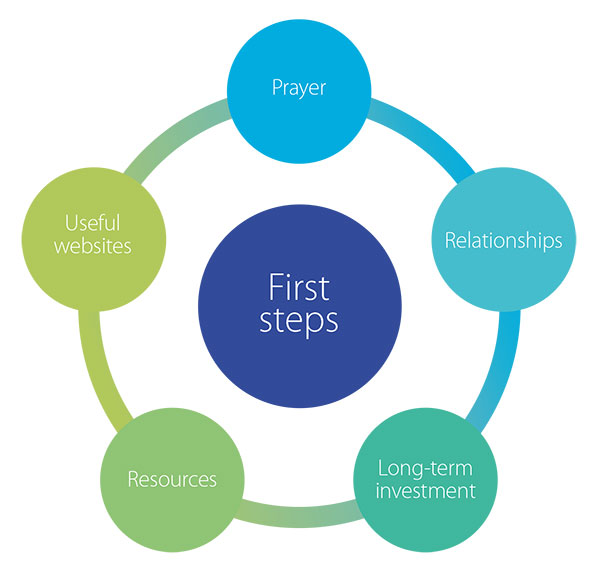Why connect with your local schools?
There may be a lack of children and young people in our congregations. They may not come to our organisations in big numbers, at least if they do not belong to church families. It is difficult then to make an impact in their lives.
They do have to go to school though.
And our churches are generally not too far from a school.
We can make a huge difference in the lives of the children, young people, teachers, classroom assistants and others involved in the daily life of a school. We can have a witness within the walls of the schools – nursery, primary/national, post-primary/national and special – and maybe they can also have an impact on the life of your church.
Whether you are based in an urban, inner-city, rural or suburban setting, building relationships with your local school can be an amazing experience to both aid the life of your congregation and to help the school.
One expression of the mission of our Church might be to connect with schools.
If you have no involvement in your local schools, please click on First steps and begin your journey there.
Once you have made the first steps, then visit other sections to develop further the connection with your local schools.

Context of schools
There are some things to keep in mind when engaging with schools and going into the school environment.
- Schools are professional and educational environments, so we need to be wise about our approach and recognise that it is different from the church context.
- It is good to remember that pupils are not there by choice (except for SU groups), although there is a right of withdrawal from RE lessons and assemblies.
- The 1988 Education Reform Act (UK) requires that a ‘daily act of collective worship which is wholly or mainly of a broadly Christian character’ is offered to all pupils (again note that pupils can be withdrawn from this with consent of parent/guardian). However, there is great diversity in what this looks like in schools.
- Religious Studies is a compulsory part of the curriculum, but is only inspected on request. Schools can use the core syllabus as a framework to develop their own programme to suit the needs of its pupils and reflect the ethos of the school.
- As a visitor to the school you can:
-
Help meet the requirements/needs of the school.
-
Share what the Bible says and what our faith means to us today.
-
Signpost pupils to where they can find out more (this is not the place for an ‘altar call’ – you are not there to proselytise!).
-
NB. Language is key! Owning and grounding faith statements is vitally important (e.g. use phrases such as ‘Christians believe...’, ‘I believe...’, ’The Bible teaches us that...’ instead of ‘You must...’). We can’t assume that everyone in the room shares our faith or has any experience of church/the Bible/a faith community.